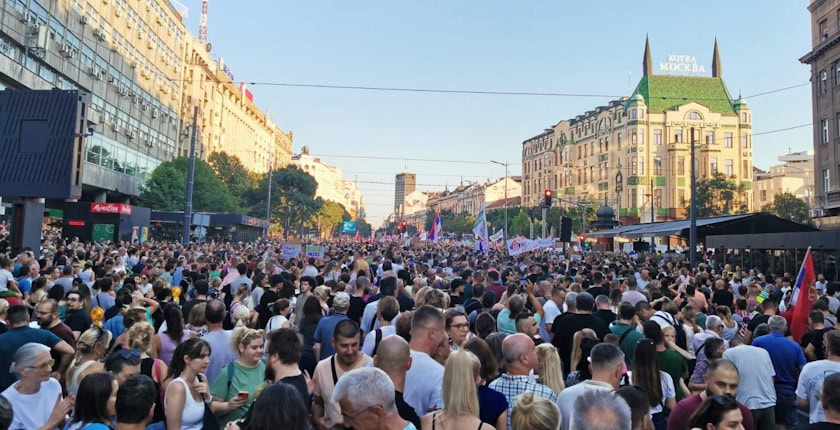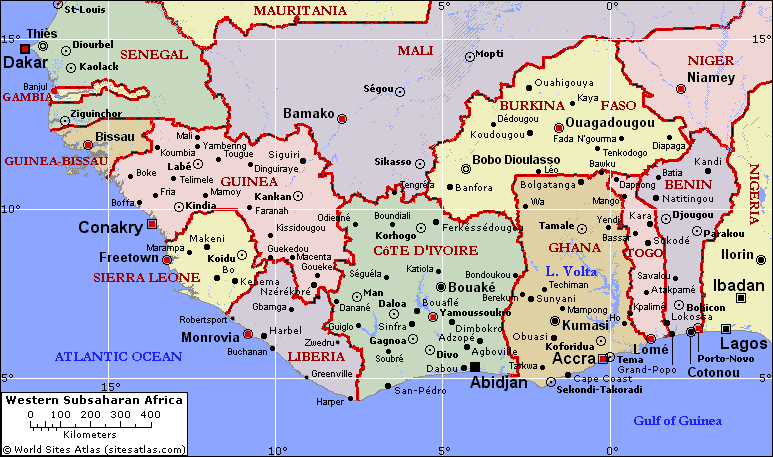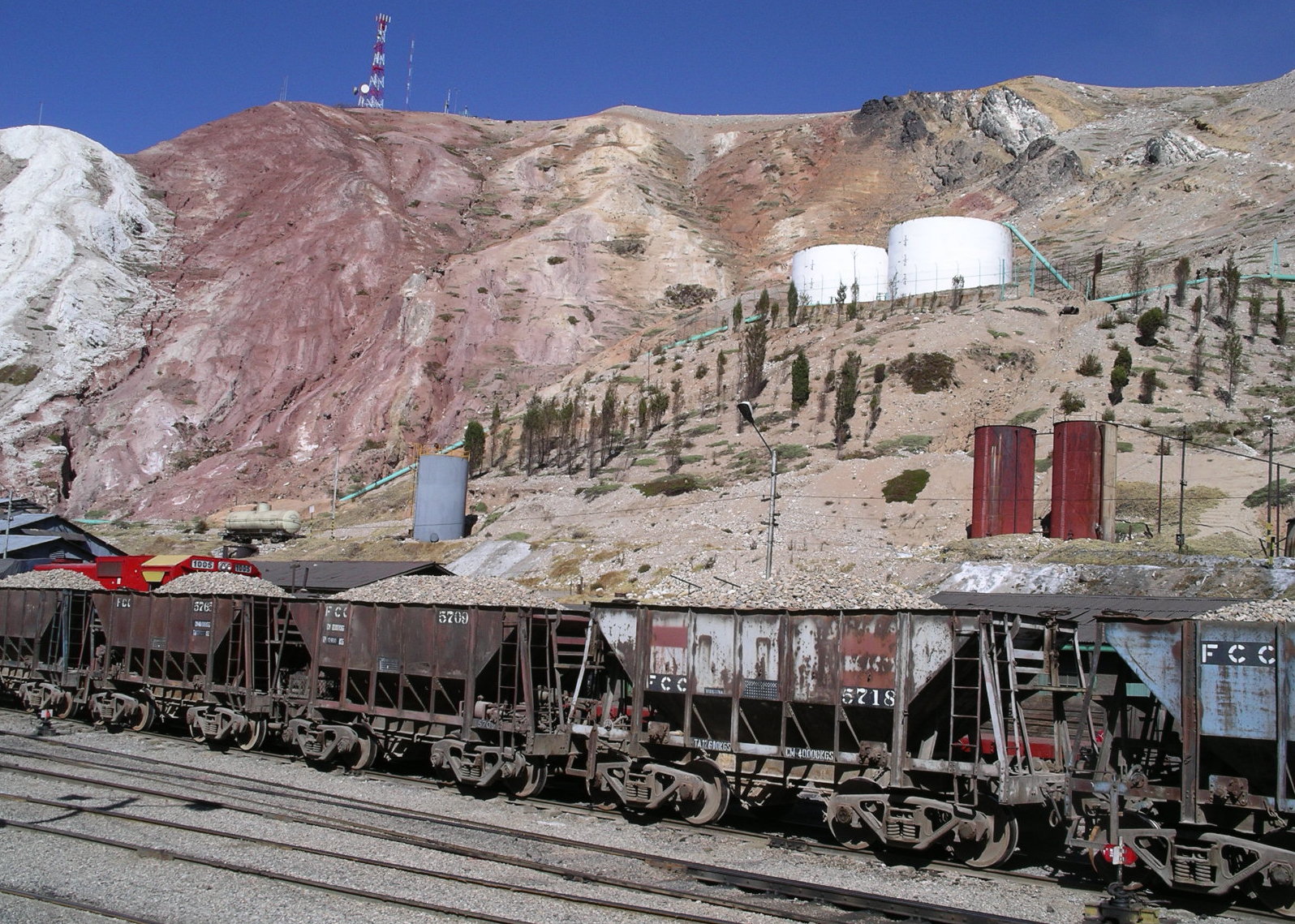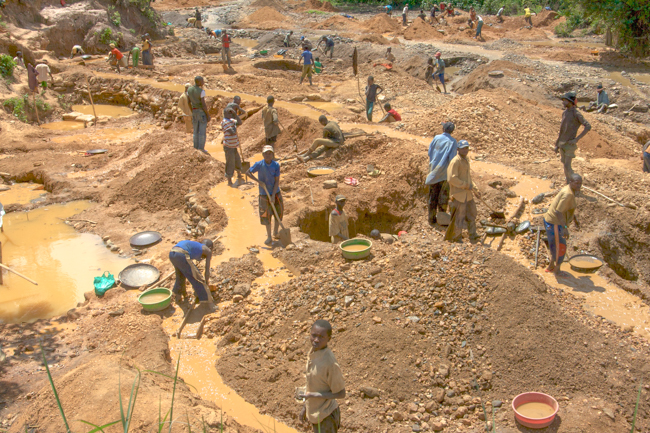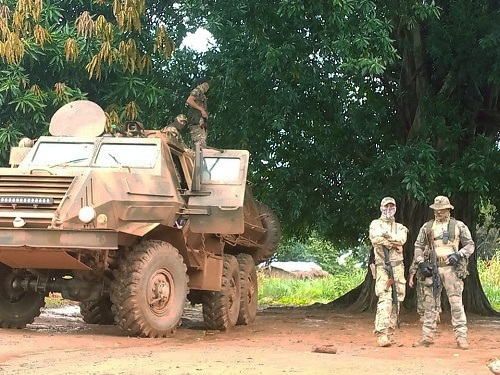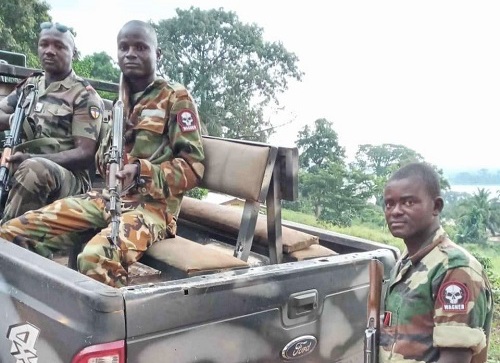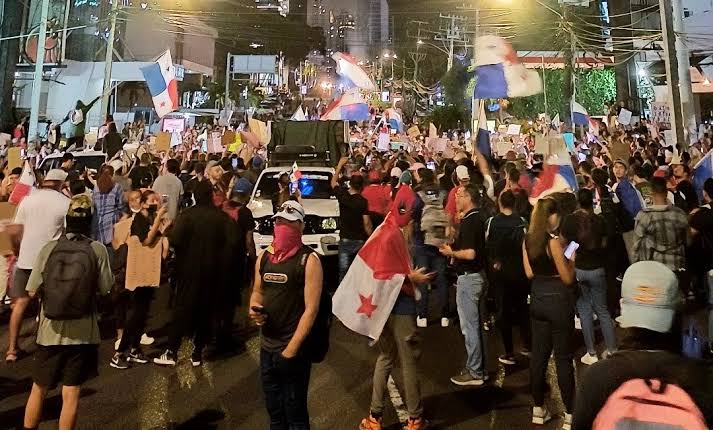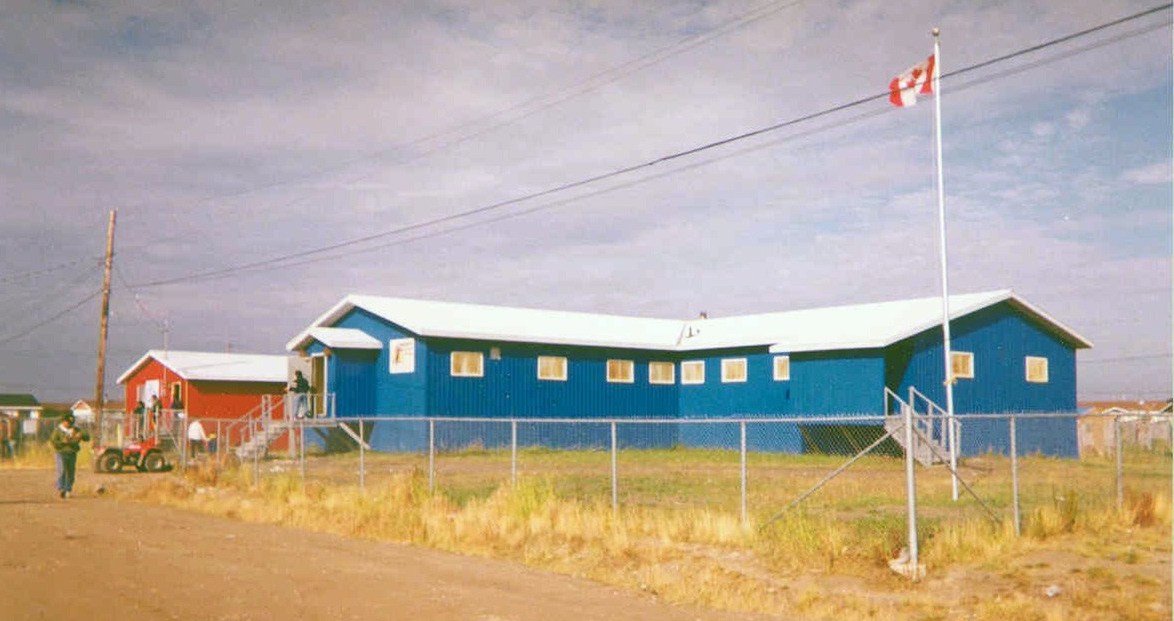
First Nations challenge Ontario Mining Act
Six First Nations from northern Ontario announced initiation of a lawsuit challenging the provincial Mining Act, arguing that the legislation infringes upon their treaty rights and other guarantees under the Canadian Charter of Rights and Freedoms. The central contention is that the Act enables prospectors and mining companies to stake claims on Crown lands, including traditional Indigenous territories, without prior consultation, due to a digital claim-staking process that was introduced in 2018. This mechanism allows claims to be registered online within minutes, without the knowledge of affected First Nations. (Photo: Attawapiskat First Nation Office. Credit: Paul Lantz via Wikipedia)



